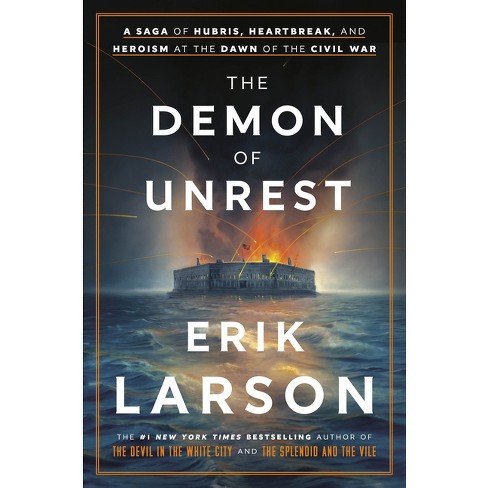5 HOT BOOK: Anti-Semitism Today, a 37-Year-Old Mayor Running for President, and More
/1. Shortest Way Home: One Mayor’s Challenge and a Model for America’s Future by Pete Buttigieg (Liveright)
Talk about timing. Buttigieg, whose book has an official publication date of Feb. 12 to coincide with the birthdate of the 16th president of the United States, announced the launch of a presidential exploratory committee last week. The mayor of his native South Bend, Ind., the Harvard graduate was a Rhodes scholar, served in Afghanistan as a Navy lieutenant, speaks Arabic, plays piano, is an openly gay man whose marriage was chronicled in the Vows feature of The New York Times – and, as the youngest candidate to date at 37, appeals to the coveted millennial vote. Buttigieg’s report from his rebounding Rust Belt city clearly lays out his progressive agenda and makes a case for the juggling act required by an American mayor and the vision required to sustain an American city, which he of course suggests could be extended to the national level.
2. Antisemitism: Here and Now by Deborah E. Lipstadt (Schocken)
Not many professors of modern Jewish history get to be played by Rachel Weisz in Hollywood movie, but prominent Emory University scholar Lipstadt got just that in the film Denial, about her successful defense against a libel suit by Holocaust denier David Irving in 2000. In her new book, Lipstadt takes an epistolary approach to her sharp, nuanced discussion of how anti-Semitism presents itself as a kind of herpes in society, below the surface but erupting in tense, fraught times. She invents two correspondents, a Jewish student and a non-Jewish colleague, who pose questions to her about the recent manifestations of anti-Semitism and wrestle with questions about Israeli-Palestinian hostilities. The narrative concludes that the best ammunition against anti-Semitism is an abundance of facts.
3. Black Is the Body: Stories from My Grandmother’s Time, My Mother’s Time, and Mine by Emily Bernard (Knopf)
Bernard, whose nuanced essays may be familiar to readers of magazines such as the American Scholar and Harper’s, has collected her work into a memoir that should cement her reputation as a thoughtful, discerning writer who explores the complications of race with clarity and insight. A black woman from the South, living in snowy, white Vermont, Bernard is married to a white professor of American studies (she teaches English and critical race and ethnic studies at the University of Vermont), with adopted daughters from Ethiopia. She conforms to no stereotypes and gets into the nooks, crannies, and contradictions of her life and the world around her. Her supple writing has a lovely tone; even when recalling how as a graduate student at Yale University she was viciously stabbed by a deranged white stranger in a random act of violence, Bernard muses that “in every scar there is a story.”
4. Deep Creek: Finding Hope in the High Country by Pam Houston (W.W. Norton)
Cowboys Are My Weakness, her debut short story collection, hoisted Houston to the top of the literary rodeo. Now she channels the fierce, feisty protagonists of her fiction and the wisdom she has accrued in the past three decades into her captivating new memoir. Houston, professor at the University of California, Davis, and sought-after teacher who travels the world to do workshops, centers her world on a 120-acre ranch in the Colorado Rockies which is a far cry from her unstable childhood in suburban New Jersey. What centers her is the daily routine of the ranch, even when winter temperatures drop to 35 below or when a wildfire threatens to destroy it. This tie to the natural world, with its horses, donkeys, and Icelandic sheep, provides a consistent and nurturing refuge, where Houston and her beloved wolfhounds flourish.
5. Golden Child by Claire Adam (SJP for Hogarth)
Sarah Jessica Parker’s selection of Fatima Farheen Mirza’s excellent debut novel, A Place for Us, about an Indian-American Muslim family gathering for a wedding, disproved conventional wisdom that celebrity publishing imprints are merely marketing gimmicks. Parker’s second pick, Golden Child – another debut novel that eloquently illuminates different worlds – confirms that she’s no one-hit wonder. Adam’s novel, set in lush, remote Trinidad, tells the story of a family with two sons, one academically gifted and the other deemed “slightly retarded,” on a collision course, which she relates with elegant suspense.










